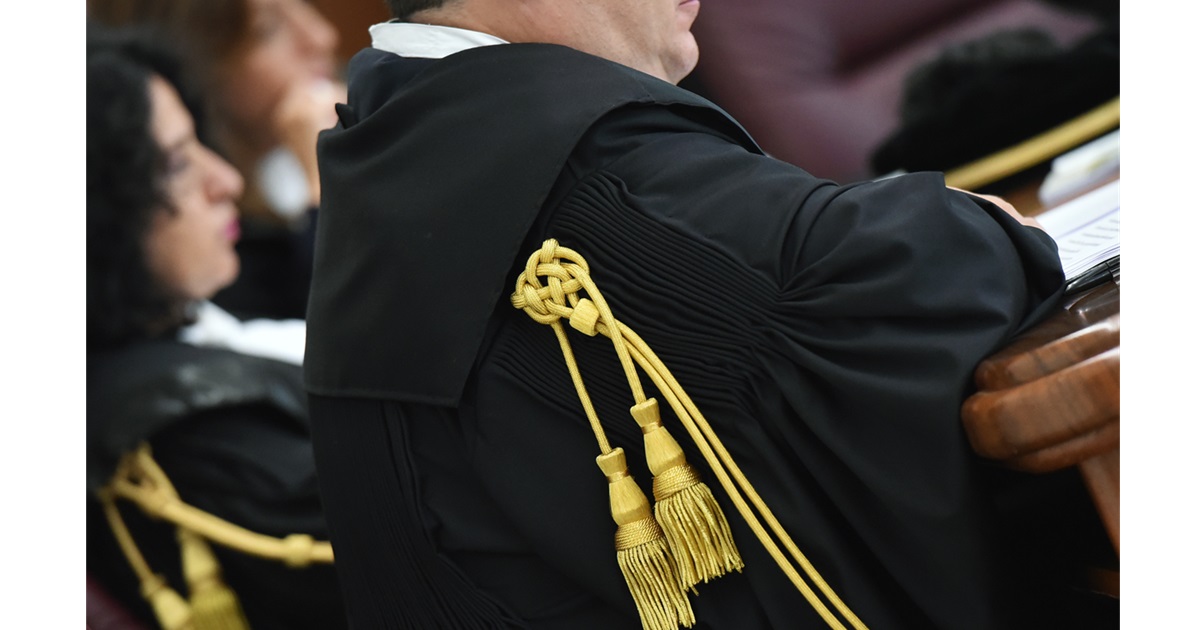For the damage resulting from the failure to remit the tax on betting to the Customs and Monopolies Agency, the tax judge, and not the accounting judge, is competent in the judgement.
The Court of Auditors reiterates this in reference to the failure to pay the sums collected by a betting agency.
The concession holder has the status of taxable person for the single tax, he is the one who assumes the business risk. Based on these considerations and the method of calculating the single tax, the concessionaire company and its directors cannot be classified as "accounting agents", as the money object of betting it immediately becomes part of the assets of the person who manages the game, who therefore has the obligation to pay the single tax, not as a public accounting agent, although as a taxpayer.
The position of the dealer who manages the bets is very different from that of the concessionaire required to pay the single tax levy (PREU), which is instead an accounting agent, since the PREU, a single tax levy applied to the collection of winning machines, is quantified on the basis of a percentage of the sums played, and, therefore, for each bet the specific sum of money of due to the public administration, which the concessionaire is required to pay as public money.
The legislation on the single tax - recalls the Court of Auditors - "has been the subject of various jurisprudential interventions, aimed, in particular, at identifying the subjects required to pay the tax, with particular reference to the data transmission center manager who operates on behalf of foreign entities in the absence of a concession.
For the Constitutional Court, in fact, "the equating, for tax purposes, of the "manager on behalf of third parties" (the owner of the bookshop) to the "manager on his own account" (the bookmaker) is not unreasonable" since the owner of the bookshop, through the contractual regulation of commissions, "has the possibility of transferring the tax burden to the bookmaker on whose behalf it operates". The Constitutional Court declared the constitutional illegitimacy of the art. 3 of the Legislative Decree. n. 504/1998 and art. 1, paragraph 66, letter b), of law no. 220/2010 only in the part in which they provide that - in tax years prior to 2011 - betting shops operating on behalf of entities without a concession are subject to the single tax on prediction competitions and betting, as this provision is intended to also apply to contractual relationships concluded before its entry into force.
The obligations envisaged in the concession agreement, art. 6, paragraph 3, according to which the business risk is borne by the concessionaire, with consequent burden "of any possible loss not falling within the normal economic risk of the gaming company" and art. 7 relating to the financial responsibility of the concessionaire, according to which "the concessionaire is directly responsible for and ensures the correct and timely payment of winnings and refunds...".











